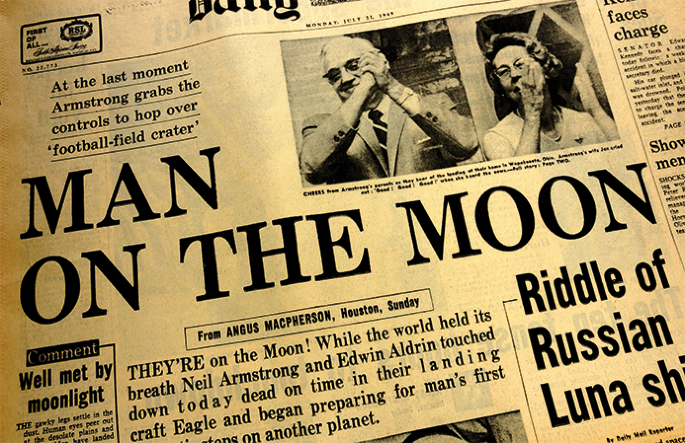Why the title of your paper matters
- Select a language for the TTS:
- UK English Female
- UK English Male
- US English Female
- US English Male
- Australian Female
- Australian Male
- Language selected: (auto detect) - EN

Play all audios:

Titles are the first, and often the only, part of your paper that others will read. That’s why they matter so much, and here’s some practical advice on how to write them. What is the most
important part of a scientific paper? Is it the methods section, the results, the figures, or the raw data? All of these are crucial elements of any scientific work, but from the perspective
of the average reader, the single most important part of a paper may be the title. Credit: Alistair Scott / Alamy Stock Photo The title is by far the most-read part of a paper. A busy
scientist scanning a list of new articles is unlikely to click beyond the title of most of them to access the full text. For the majority of readers, the title is the message of the paper.
This is why it’s so important that titles be succinct, accurate, and balanced in their presentation of the results. When readers do decide to read the full text of an article, it is
generally because they were interested by the title. A title serves to help direct attention to the paper. The best way to get people interested in your work is by choosing a title that
clearly and straightforwardly describes what the paper is about and what it shows. Titles do their jobs best when they are simple, readable, and brief. Humour is not something that titles
need. Yes, when done well, joke titles can be funny—such as the famous “You probably think this paper’s about you: narcissists’ perceptions of their personality and reputation” or “Pressures
produced when penguins pooh—calculations on avian defaecation”. But witty titles are frequently culturally specific or rely on references to current events that will age poorly. “Fantastic
yeasts and where to find them: the hidden diversity of dimorphic fungal pathogens” is a brilliant play on the title of a 2016 Harry Potter movie, but not every reader will be familiar with
it, and people of the future are unlikely to appreciate the reference. Even when a title does succeed in being hilarious, it may not serve its purpose, which is to tell people (and search
engines) what your paper is about. Studies have suggested that funny titles don’t translate to higher citations1 and may even result in fewer citations than papers with more matter-of-fact
titles2. Many journals, including _Nature Human Behaviour_, also ask authors to avoid question-based titles, such as “Is X involved in Y?” Although questions in titles let readers know what
the topic of your paper is, they don’t provide a take-home message. No matter what the answer to your question is—‘yes’, ‘no’, or ‘it’s complex’—readers are best served by knowing it from
the outset. So how can one write a great title? A title should simply be a summary of the most important findings of the paper. The best titles contain the essence of the paper, presented as
clearly as possible. If you’re struggling to identify the essence of your work, imagine that your paper is a plot point in a movie. Many movies feature scenes where one character enters a
room waving an important document or file in their hand. What’s in the file? The character tells everyone, summarizing it in a single sentence. Thanks to the summary, the audience now knows
what it means for the story. A title should be just like that kind of summary. Make sure your title contains keywords to help search engines surface your paper in literature searches by
colleagues working on similar questions. At the same time, avoid unnecessary jargon that would make your title impenetrable for anybody not working on the exact same question, but who would
still find your research of interest or relevance to them. At _Nature Human Behaviour_, we sometimes suggest changes to the titles of the manuscripts we publish, to help them reach the
widest possible audience. REFERENCES * Subotić, S. & Mukherjee, B. _J. Inform. Sci._ 40, 115–124 (2014). Article Google Scholar * Sagi, I. & Yechiam, E. _J. Inform. Sci._ 34,
680–687 (2008). Article Google Scholar Download references RIGHTS AND PERMISSIONS Reprints and permissions ABOUT THIS ARTICLE CITE THIS ARTICLE Why the title of your paper matters. _Nat
Hum Behav_ 5, 665 (2021). https://doi.org/10.1038/s41562-021-01152-2 Download citation * Published: 18 June 2021 * Issue Date: June 2021 * DOI: https://doi.org/10.1038/s41562-021-01152-2
SHARE THIS ARTICLE Anyone you share the following link with will be able to read this content: Get shareable link Sorry, a shareable link is not currently available for this article. Copy to
clipboard Provided by the Springer Nature SharedIt content-sharing initiative